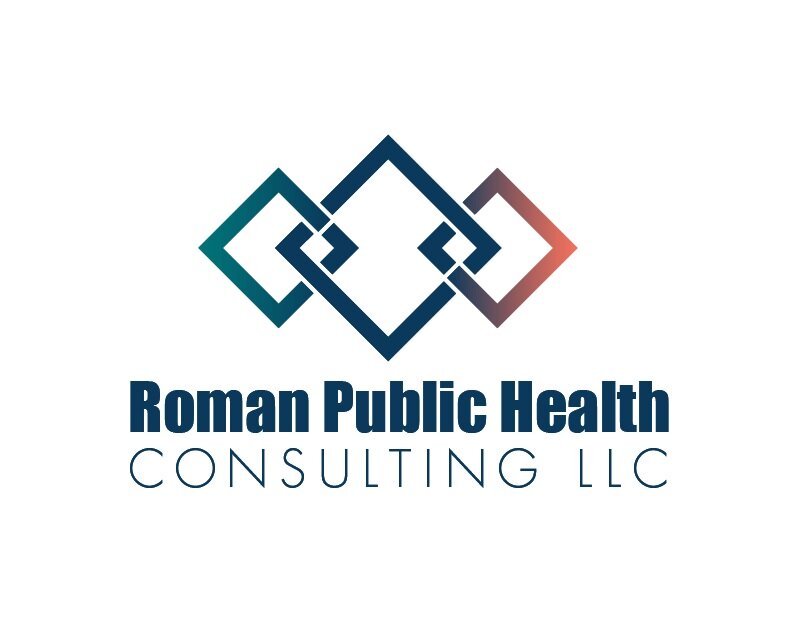Three Lessons I Learned From Creating My First Online Public Health Course
On February 4, 2019 I launched my first online course: Contemplating Consulting: A readiness guide to help public health professionals decide to hit the brakes or take the leap. Now that I’ve had a few months to reflect on the experience, I wanted to share a few important lessons that I learned.
Lesson #1: Solve a problem for your students
While of course it is beneficial to gain knowledge and skills, potential students want to know what problem your course will solve for them. Will it help them earn more money? Will it help them find a job when they are struggling just out of school?
My course came about because I got dozens and dozens of inquiries from people interested in consulting. The common problem they all had- they felt stuck! They did not know whether or not to pursue consulting as a career path and did not have the tools to help them make the final decision.
If you look at the content and marketing for my course, I focus on solving that problem for them. In addition to providing knowledge about the scope, benefits, and challenges of consulting, I also lead students through a readiness assessment. This way they can finally make a decision about consulting and identify initial action steps to get started.
“Do you dream of being a public health consultant...but feel stuck due to fear? How do I get started? How do I find clients? If so, you are not alone! I created Contemplating Consulting just for you. I want to answer your questions, quiet your fears, and move you from indecision to action.”
Lesson #2: Don’t let perfection be the enemy of done
This is important mindset work for developing your first course. Balancing the want and need to put out high quality content with not making yourself crazy worrying about perfection to the point that it delays your launch.
Spoiler: your course will not be perfect. You may review your recordings and see that you said “like” too much. Or maybe you kept touching your hair nervously because you aren’t used to being on camera. Or maybe you just finished all the videos and realize that you wish you had mentioned one more resource in the section on budgeting. Don’t go down the rabbit hole!
Two things that helped me:
(1) Keeping notes about the things I wished I did better so that I can implement them next time.
(2) Giving myself a hard deadline (and announcing it!) so that I was forced to move forward with the launch and not get bogged down with delays trying to achieve perfection.
Lesson #3: Don’t just plan the content, plan the marketing
You can have the best content in the world, but if no one knows about it or isn’t interested in buying it, it doesn’t matter. A few tips:
(1) You need an audience to sell to!
I cannot stress this enough. If you have a great course but no email list and a limited social media presence, you will probably have a hard time selling your course.
My course is hosted on Teachable and their data shows that only about 2% of your email list subscribers will purchase your course. In the case of my course launch, that number was closer to 10%, but even so- you can see that you need a pretty large list or audience to make sales goals because conversion rates are low.
So if you are thinking about selling a course or other product in the future, start building your list now! While building your list, think about how to reach people who will be the ideal audience for your course.
(2) Consider partnering with affiliates.
I used to cringe when I heard “affiliate partnership.” It reminded me of people I follow on Instagram who are now trying to sell me something with every post and every story. And many of the products do not even seem to fit their brand or feel genuine.
Luckily- affiliates do not have to be that way! Look to partner with colleagues who have a business that legitimately complements yours and who regularly interact with your ideal students or audience. The partnership should feel natural and the course promotion should feel authentic and beneficial to their audience vs. “salesy”.
I have several affiliates who will help promote my course this year. Affiliates receive a percentage of revenue generated from any sale that is a result of their promotion. This partnership is a great way to broaden your audience and reach potential students that would have been hard to access on your own. Engage affiliates early so that they can help with your launch.
Tell Me Your Lessons Learned!
For those readers who have sold online courses and other products:
Do you agree with these lessons? Why or Why Not?
What else would you add to the list?

